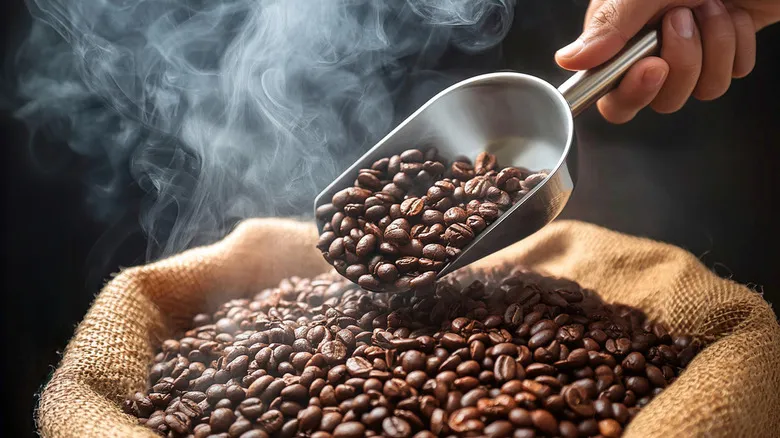Getting into the science of it all
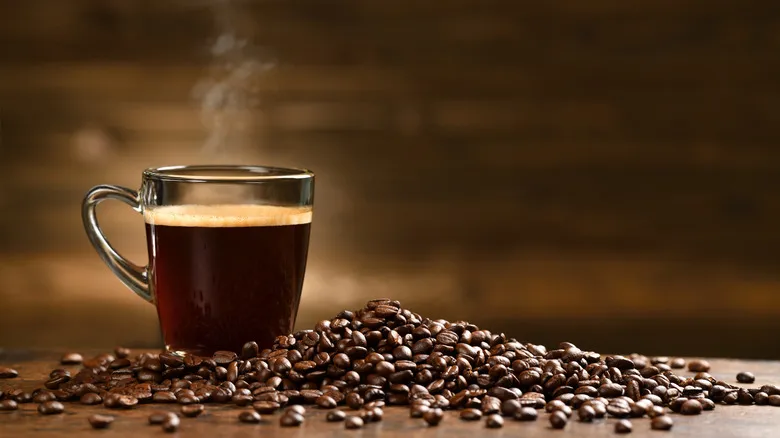
Where there’s fire, there’s smoke. But what’s happening on a chemical level? It relates to the natural sugars in the coffee beans caramelizing when exposed to the heat of a French roast. This caramelization can create delightful caramel flavors in the French roast, resulting in a cup that many find less bitter compared to other dark roasts.
Now, the pressing question: Do these robust dark roasts have more caffeine than light roasts? The answer is both yes and no. Research indicates that the caffeine content is roughly the same per bean, regardless of the roast level. However, as beans are roasted to darker levels, their cellular structures begin to break down, leading to moisture loss. You may also notice that darker beans appear slightly larger; this is due to the breakdown process, which creates a larger, less dense bean. Consequently, if you measure your coffee by the scoop, you’ll use fewer dark roast beans per cup, which could suggest that a cup of French roast coffee has less caffeine (though this is debatable). On the other hand, if you measure by volume, you’ll end up using more beans per cup since each dark roast bean weighs less. The result? More caffeine in each sip.
In the end, the difference in caffeine content isn’t particularly significant. So, choose your coffee based on your flavor preference, whether you enjoy the smokiness of a French roast or the vibrant complexity of a lighter roast. (If you need assistance in making your choice, here’s a guide to understanding coffee labels.)
Recommended
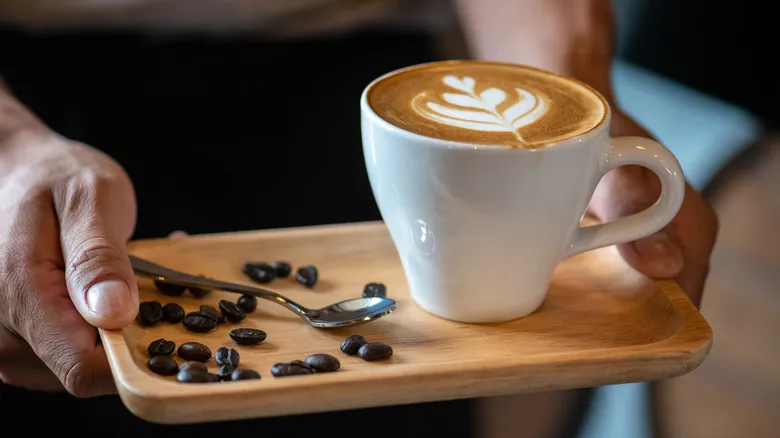
Why The Freshness Of Your Coffee Beans Matters When Making Lattes
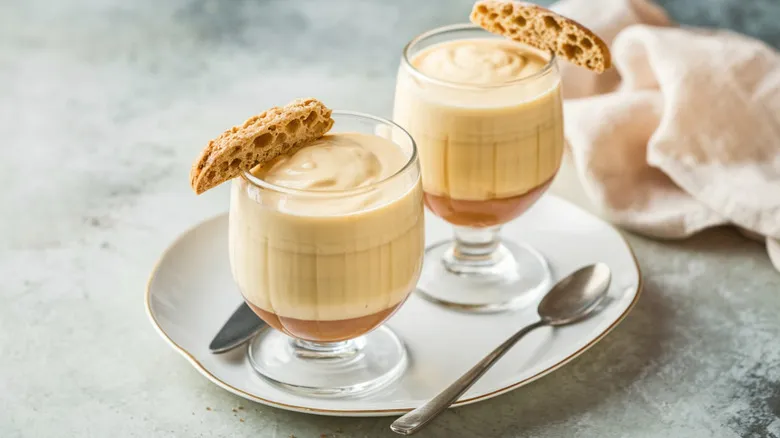
How Italians Turn Raw Eggs And Espresso Into A Decadent Coffee Drink
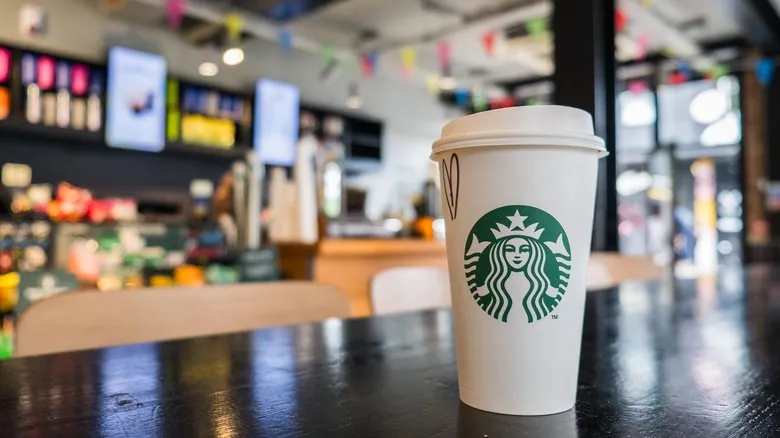
What Brand Of Oat Milk Does Starbucks Use?
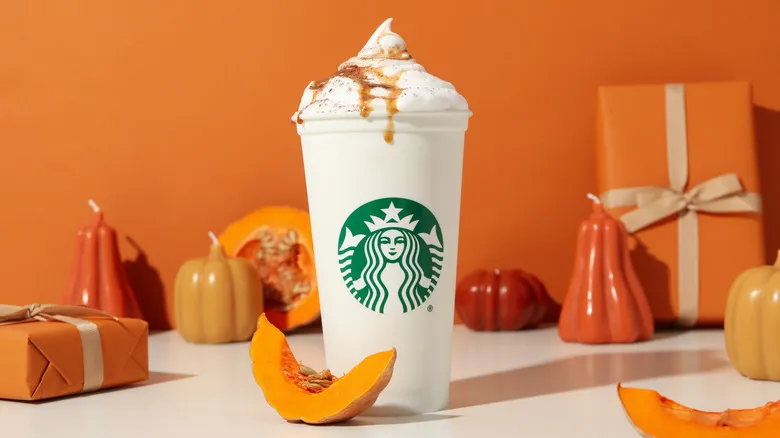
The Secret Menu Starbucks Hot Chocolate Perfect For Pumpkin Spice Lovers
Next up

